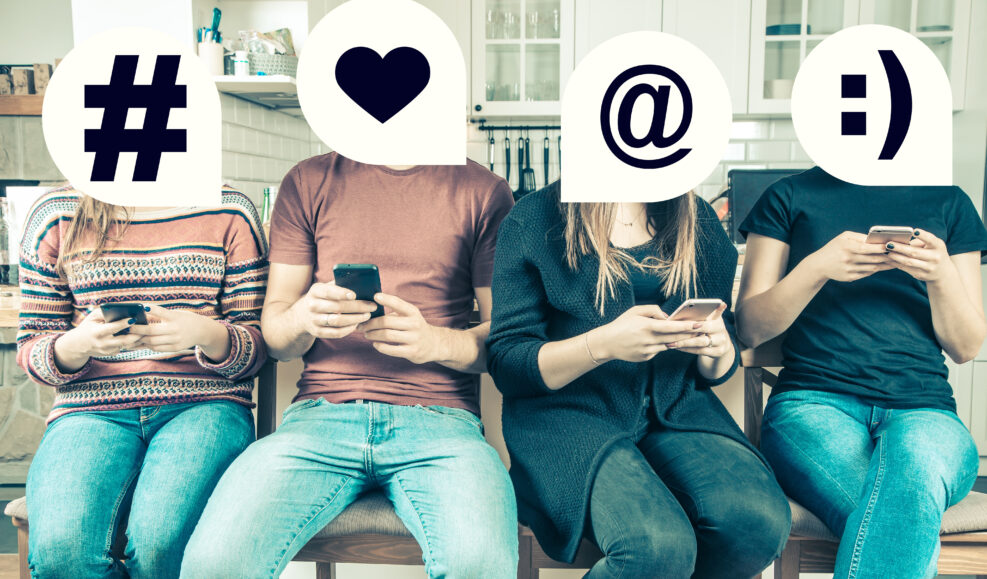
Face recognition: Is the U.S. Copying China’s Surveillance State?
Although facial recognition (and the resulting “social credit score”) prevail in China, the technology is getting pushback in AmericaIn a recent article, I recounted the story of Dana Kurtbek, who has faced harassment from the DHS and the FBI after facial recognition technology and anonymous reports placed her inside the Capitol Building during the riot on January 6th. By her own account, she never came closer than a mile from the Capitol. She expressed concern to Mind Matters News that the continuing harassment may have resulted from neighbors who disagree with her pro-Trump views reporting her to the federal government. Facial recognition technology and neighbors as informants may sound strange to American ears, but in China, both are essential elements of the Chinese Communist Party’s technocratic regime. In 2014, China unveiled a social credit system that Human Rights Read More ›


















